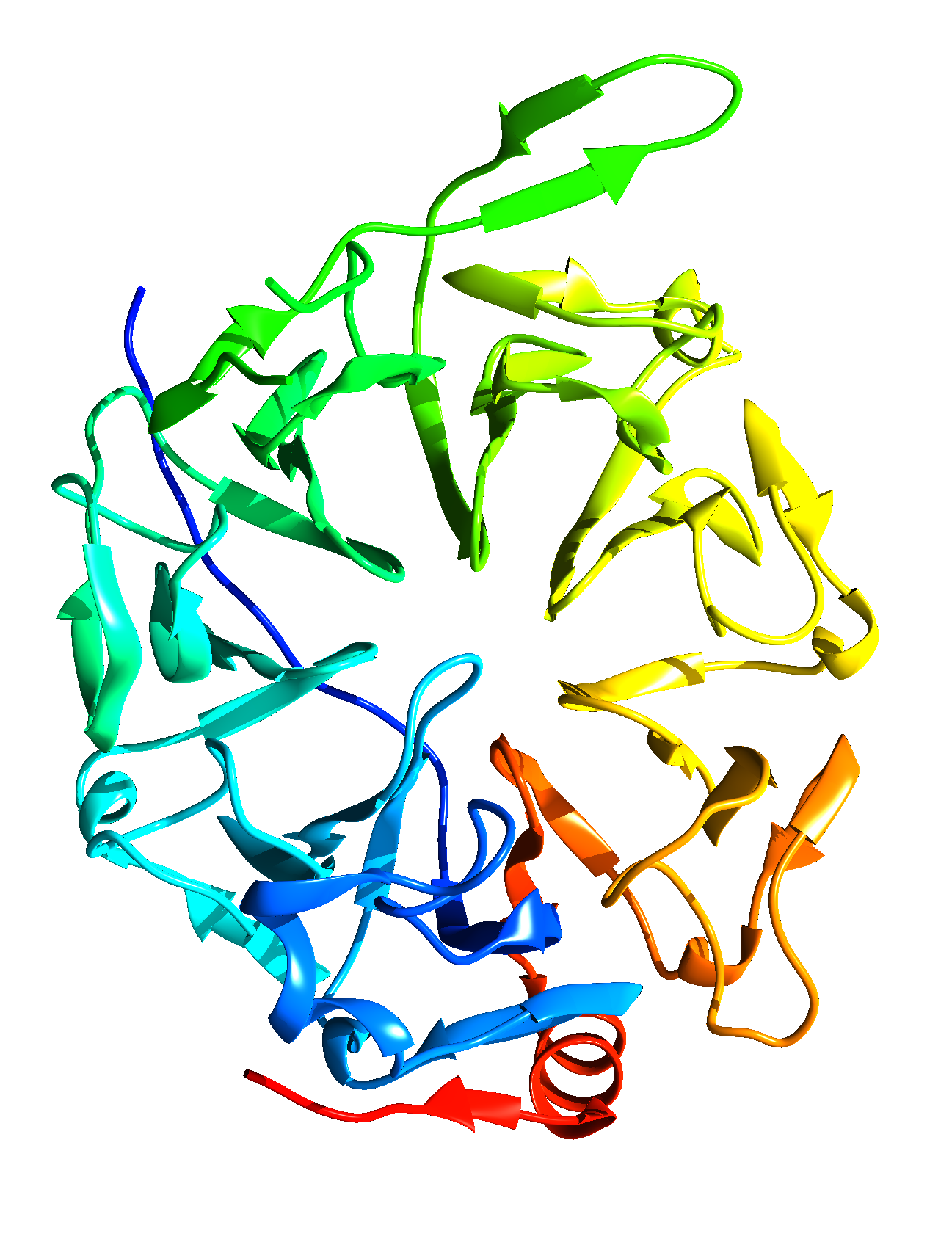Citation Spotlight: RCC2 Mediates Apoptosis Through Inhibition of GEF-Mediated Rac1 Activation
- By Cytoskeleton Inc. - Small G-Protein News
- Dec 31, 2019

Wu et al. recently studied how over-expression or knockdown of regulator of chromosome condensation 2 (RCC2; also known as TD-60) protein affects the ability of nine chemotherapeutic drugs to induce apoptosis in three different in vitro cancer cell culture models of lung and ovarian tumors. RCC2 over-expression antagonized spontaneous and staurosporine (STS)-induced apoptosis, whereas RCC2 knockdown had the opposite effect. Besides apoptosis, cell proliferation and signaling of Rho-family GTPases (RhoA, Rac1, and Cdc42) were also evaluated since RCC2 inhibits GEF-mediated activation of Rac1. The authors found that the decrease in apoptosis in cells over-expressing RCC2 coincides with decreased Rac1 activation. Further experiments demonstrated that inhibition of Rac1 activation by over-expressed RCC2 is necessary for the development of a cell’s resistance to chemotherapeutic-induced apoptosis. Neither RhoA nor Cdc42 activation changed. Cytoskeleton’s RhoA, Rac1, and Cdc42 Activation Assay Combo Biochem Kit (Cat. # BK030) was an essential reagent in this study, providing an economical, sensitive, and reliable means to study the mechanistic role of three Rho-family GTPases in anti-cancer therapeutics. Moreover, this study may offer a screening tool for evaluating a tumor’s likely response to different chemotherapies since cells over-expressing RCC2 resisted many of the chemotherapies tested in this study.
Products used in this citation:
RhoA / Rac1 / Cdc42 Activation Assay Combo Biochem Kit (bead pull-down format) (Cat. # BK030)

